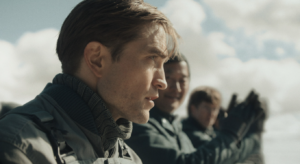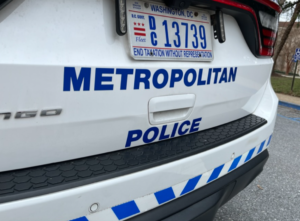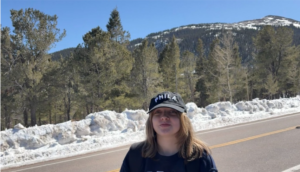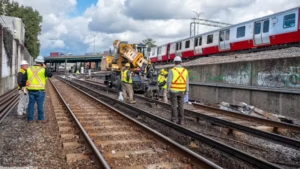Political Persecutions Unfold in Nicaragua
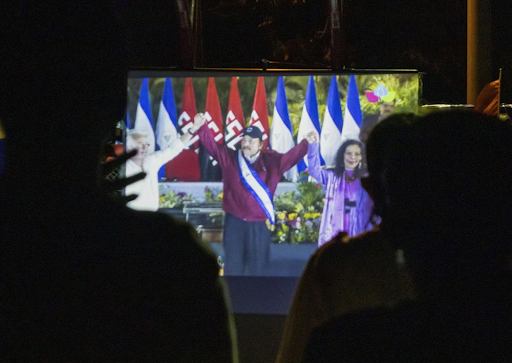
Image Courtesy of Associated Press
By Daniel Formella
On February 12, Hugo Torres, a former Sandinista guerilla during the Nicaraguan Revolution, died while in government custody after being arrested on charges of conspiracy. He was 73.
A notable accomplishment of his long military career was when Torres helped lead a force that freed Daniel Ortega, who later became the current president of Nicaragua, from a prison in a military raid that exchanged Ortega for hostages during the country’s civil war against the Somoza regime in 1975.
In Nicaragua, trials have begun after the arrests of political opponents, journalists, students, businessmen, and even former allies were made in the run-up to the November presidential elections last year. These political trials are not public but are instead held within the prisons that house these prisoners. In many cases, only the defendant’s lawyer is permitted at the trials which sometimes only last a few hours. The trials of 46 dissidents are scheduled for the coming months, and some prison sentences given have been as long as 15 years. Besides Hugo Torres, other notable arrests include Dora María Téllez, another former guerilla of the Sandinista Liberation Front, and Lesther Alemán, a student activist who publicly confronted Daniel Ortega in 2018. Relatives of the jailed dissidents have complained that the prisoners are the victims of constant interrogations, inadequate food and meals, and forced isolation.
As was predicted for the controversial and questionable election, President Ortega won a fourth consecutive term in November as he received 75% of the vote after only 65% of the votes were counted.
“It’s very terrible what is going on over there,” said a Nicaraguan-American student at the Catholic University of America. “People are getting unjustly imprisoned for just sharing their ideas.”
President Biden said that the elections “were neither free nor fair and certainly not democratic.” In response to the fraudulent elections and political clampdown, the United States is considering removing Nicaragua from the Central American Free Trade Agreement, which would decrease export earnings and discourage foreign investment in the Latin American nation. The U.S. hopes that this action will affect the business elite of Nicaragua, which have largely remained silent in the wake of the political crackdown.
After overthrowing the Somoza regime in 1979, the then self-proclaimed Marxist prided himself on ousting the previous dictatorship and fighting off Contra rebels. His popularity allowed him to win a relatively fair election in 1984, although scandals and economic failures meant election defeats for Ortega in 1990, 1995 and 2001. Claiming to back away from his communist ideals, the strong man was able win reelection in the 2006 elections. Daniel Ortega has remained in power since 2007 and has won the three presidential elections since then after modifying the constitution to allow for further terms. President Ortega further tightened his grip on the country after 300 people were killed in student-led protests in 2018.
Reminiscent of the Soviet purges or other political crackdowns in left-wing dictatorships, the situation in Nicaragua looks to be worsening as the government seeks to eliminate anyone seen as a threat, from students and journalists to political candidates and former war allies.



